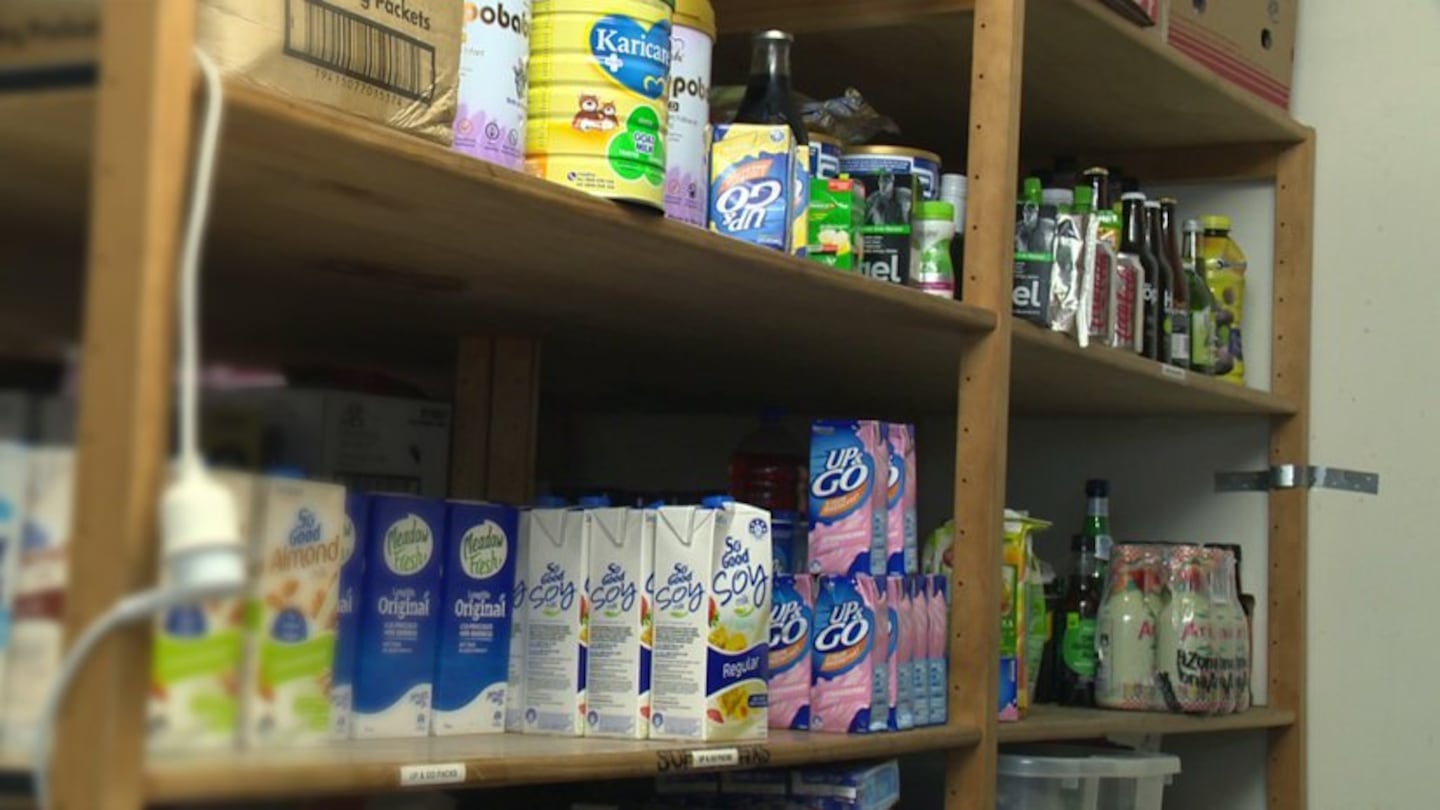By Stuff Pou Tiaki reporter Ripu Bhatia
The number of people needing to access foodbanks has risen 165% since before the Covid-19 pandemic began, according to a survey.
The New Zealand Food Network (NZFN) surveyed 51 food hubs across Aotearoa and found 480,104 Kiwis are needing to access food support every month.
The rising cost of living was reported as the most common reason people were seeking kai relief, followed by low incomes and unemployment.
Disability, people suffering from sickness or injury and senior citizens living on low fixed incomes were other common reasons.
NZFN chief executive Gavin Findlay said the current economic conditions have created the perfect storm when it comes to food insecurity.
“We’ve been working to bridge the gap between surplus stock and the communities that need uplifting but these findings show demand has not slowed down, and foodbanks are struggling to keep up,” he said.
“We’re seeing people having to cut their food budgets in order to pay for housing and rental hikes, increasing fuel costs and power bills."
Findlay said NZFN’s purpose was to relieve some of the burden but that was only possible when it has food to give.
"There is definitely more work to be done, and food businesses can do their part by donating surplus food, so we can distribute it on their behalf.”
Food prices increased by 12.1% in the year to March, a rate of growth not seen since the end of the 1980s, according to Statistics New Zealand data.
Te Rūnunga o Te Whānau provides food support for the Te Whānau ā Apanui iwi in the eastern Bay of Plenty.
Spokeswoman Louise Schroder said NZFN support has been vital in the aftermath of recent weather disasters.
“The recent flooding and multiple road closures has seen us cut off from our nearest town for food supplies – so it has been great having the extra food and sundries,” she said.
"We are utilising the bulk food for civil defence emergency supplies to distribute out to our 13 hapū across our iwi.”
Cyclone Gabrielle tore through Aotearoa in February, claiming 11 lives and displacing 10,000 people.
Massey University economics professor Matt Roskruge (Te Ātiawa, Ngāti Tama) said the situation was sad but somewhat expected.
“We know that wages haven't been keeping up with inflation, that food inflation in particular has been outpacing other forms of inflation. We know that it's also really tough at the supermarket for people,” he said.
"People are also finding that their mortgages are taking up a bigger and bigger proportion, or even their rent, of their income. While food is a necessity, it tends to come after you've paid all of those bills that you can't avoid."


